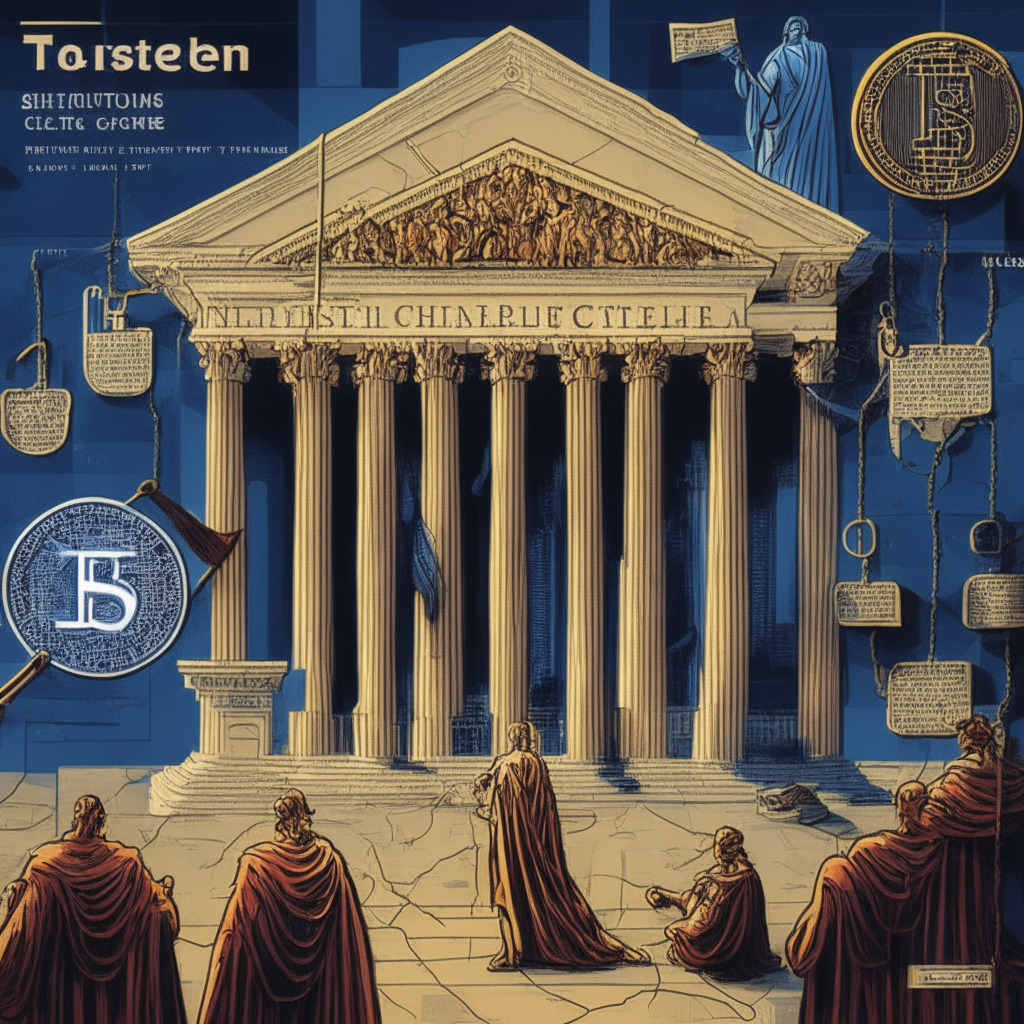Crypto companies are eyeing a new US Supreme Court doctrine with the hope that it will set the legal precedent for the SEC to take a step back, while federal regulators express their doubts.
In a June 2022 decision, the Supreme Court sided with states challenging the Environmental Protection Agency’s right to regulate greenhouse gas emissions. The court chose to adopt a formal doctrine called the major questions doctrine, intending to limit federal agencies’ power, such as the EPA or SEC. This doctrine states that Congress does not delegate the decision-making power for “extraordinary” cases with significant political and economic impact to federal agencies.
Coinbase utilized this doctrine when responding to the SEC’s Wells notice and upcoming enforcement action in April 2023. Coinbase’s legal team argued that the SEC has no grounds to unilaterally make decisions about crypto, particularly when it comes to token classification. They believe an agency declaration asserting regulatory authority over a significant portion of the American economy, encompassing all digital assets other than Bitcoin, goes against the doctrine.
SEC Chair Gary Gensler responded that everything the agency does is based on the authorities Congress has provided. The SEC considers various court opinions to ensure they operate within their legal authorities.
Ishan Wahi, a former Coinbase product manager, also cited the major questions doctrine in his defense when the SEC charged him and associated affiliates for insider trading in July 2022. He tried to dismiss the case in February by raising questions about the SEC’s authority over crypto tokens and their trading.
However, Wahi pleaded guilty shortly after filing to dismiss, and as a result, the SEC is not expected to respond to the major questions about the doctrine defense.
In response to Coinbase’s demand for more regulatory clarity for the crypto space, Gensler countered by stating that the crypto industry has ample information to act within the confines of the law. He believes that the sector has been operating largely non-compliant, and existing rules are in place to guide exchanges, broker-dealers, advisors, and those registering securities offerings. Gensler claims that new technology doesn’t make the rules inconsistent with public policies.
Source: Blockworks




